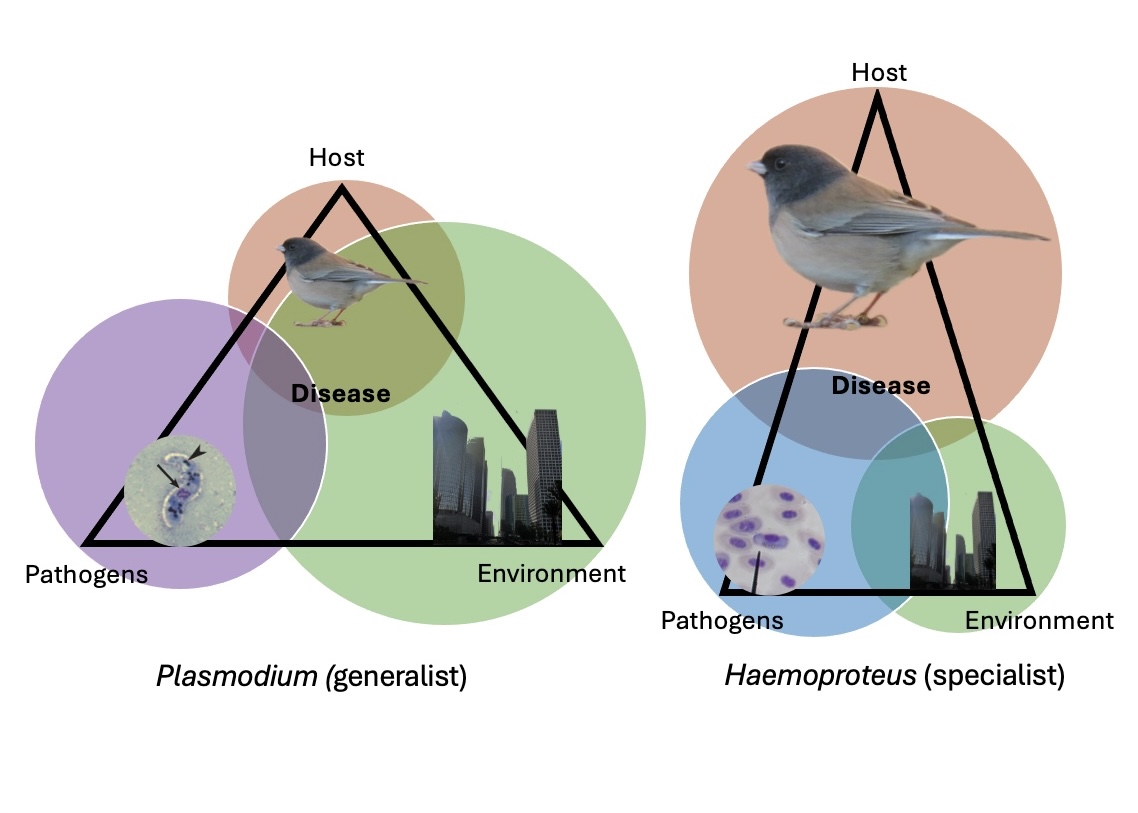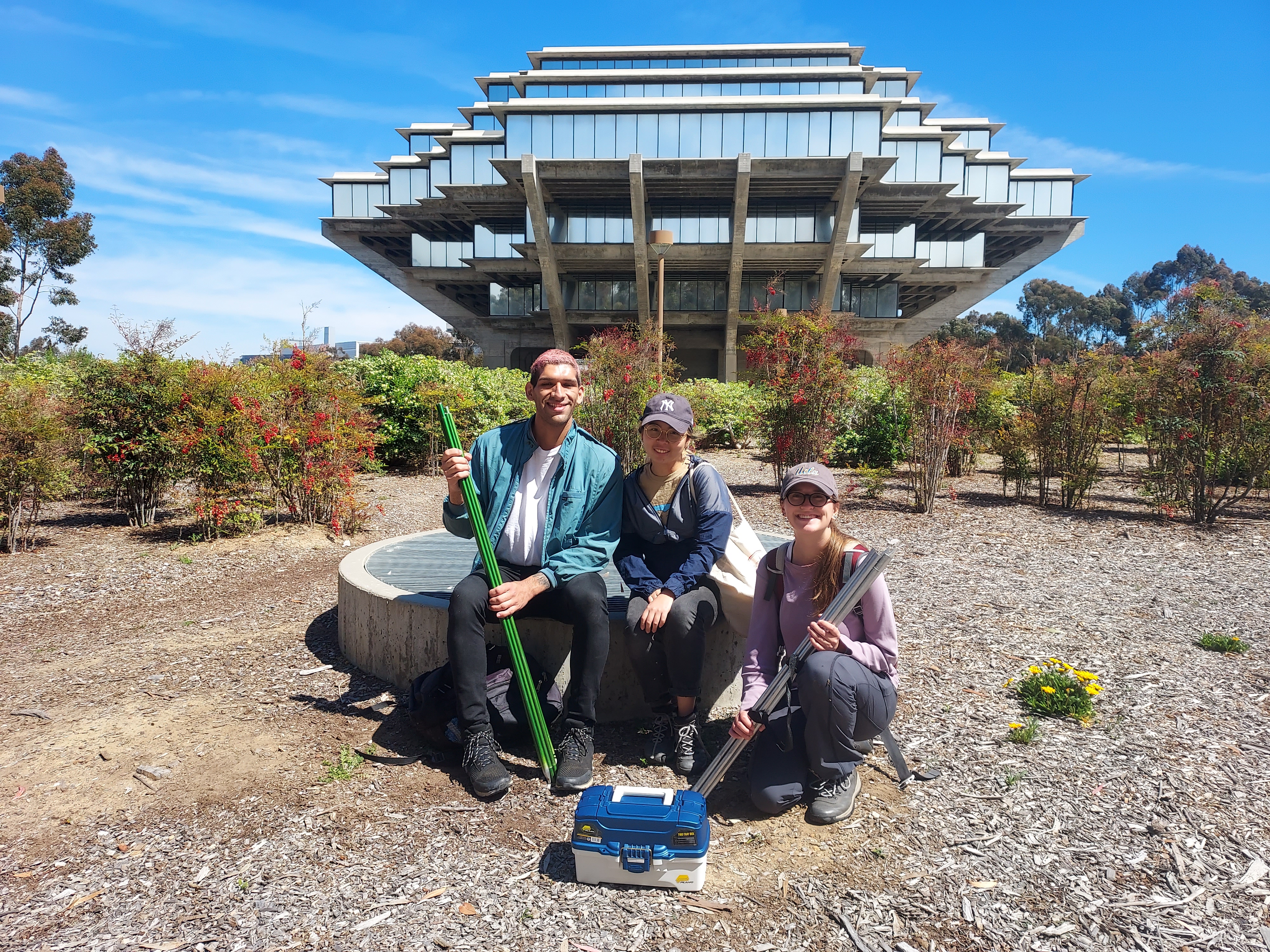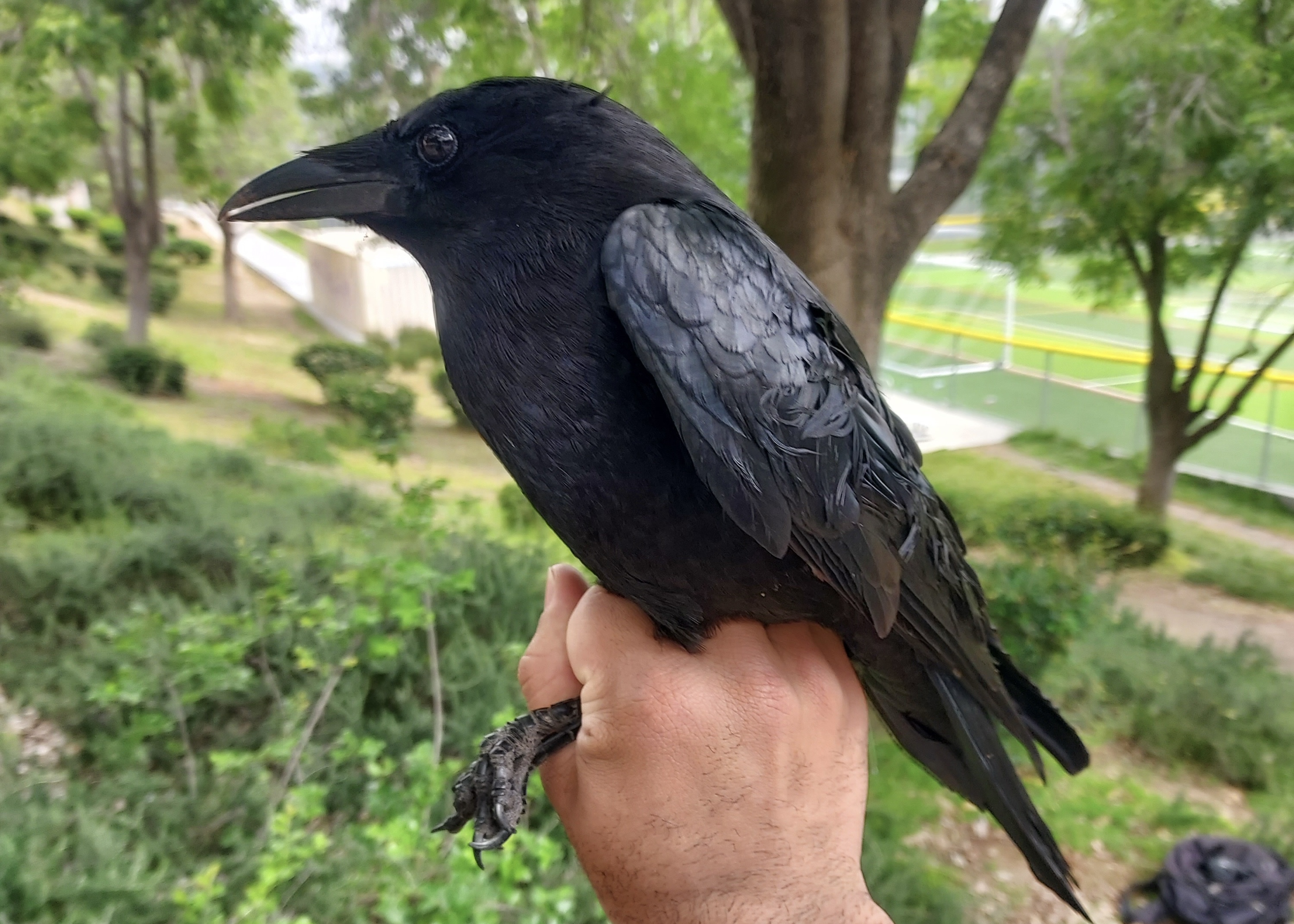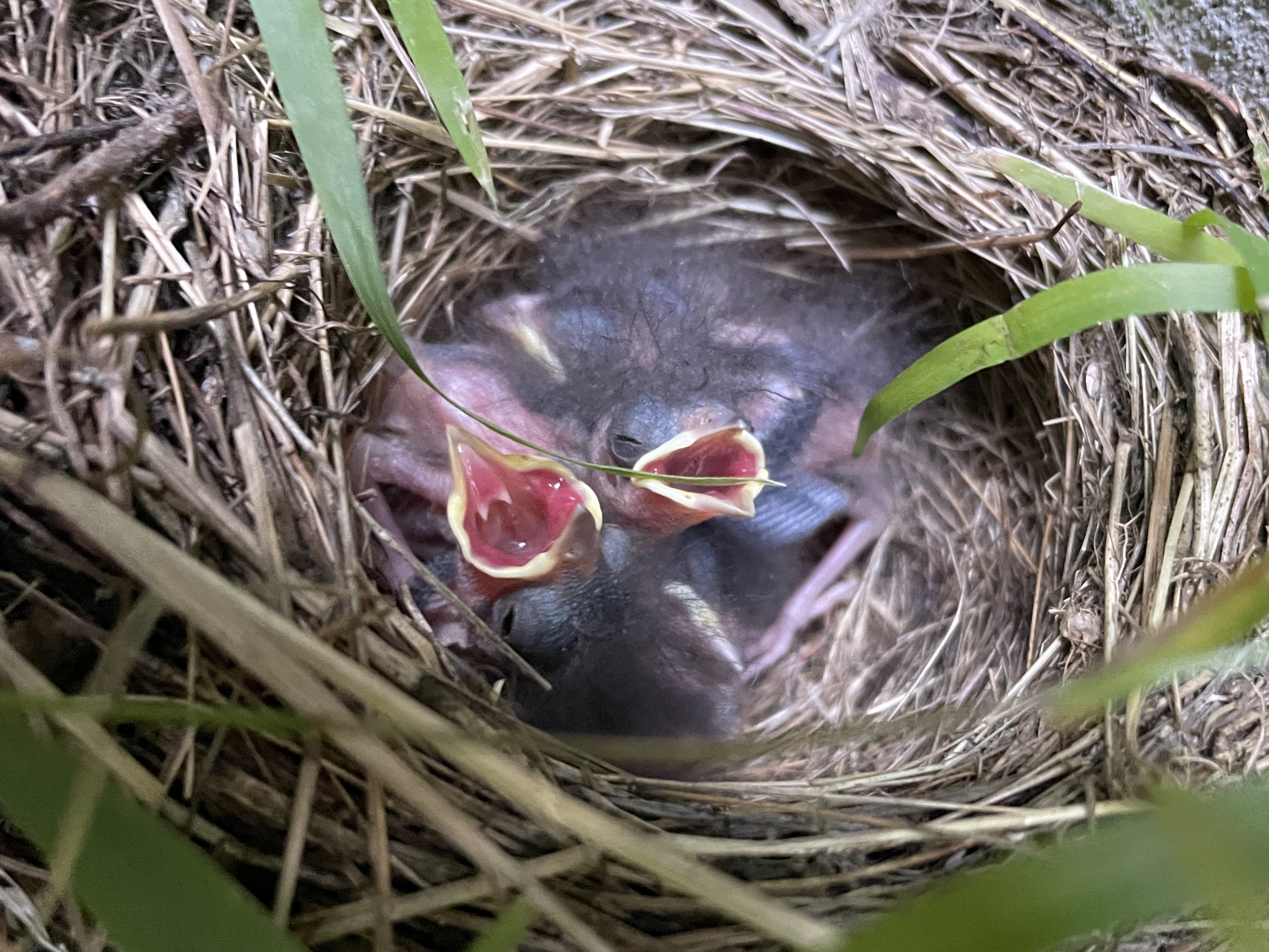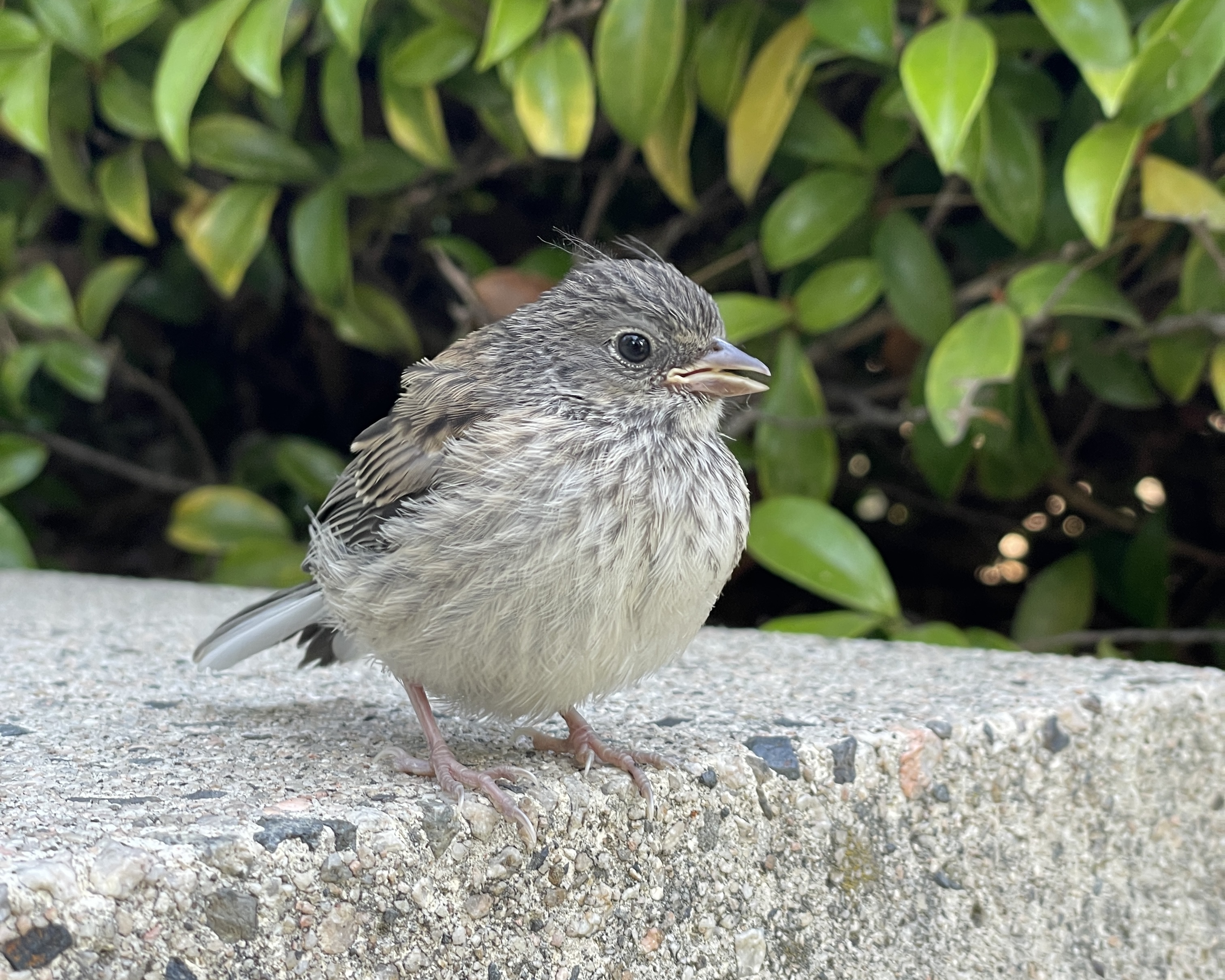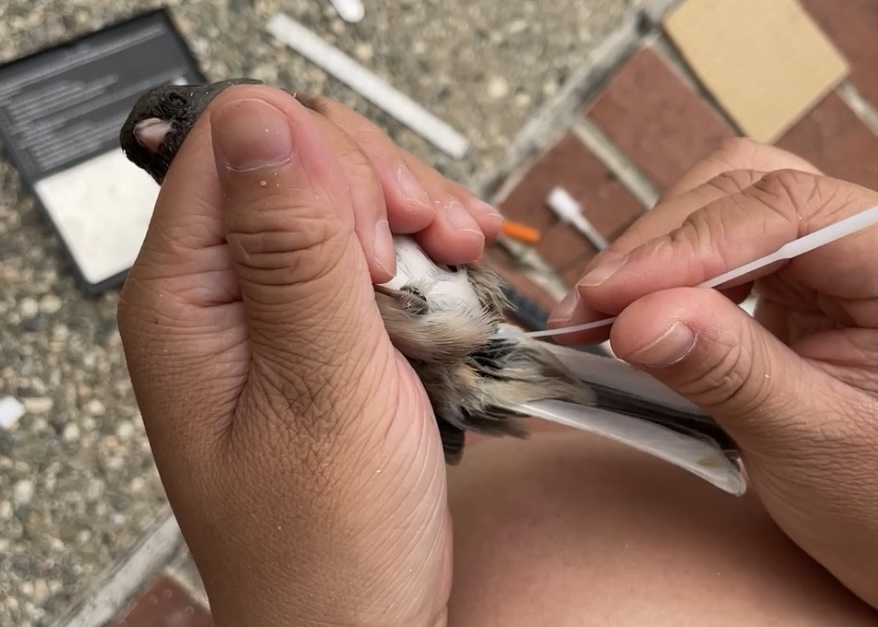Disease Ecology
Disease ecology is the result of interactions between hosts, pathogens, and their environments.
This means that in cases where habitats are notably different, we should see an effect on the disease systems in those areas.
My research examines how habitat changes correspond with differences in the diversity and prevalence of avian pathogens.
As part of my Master's program at SFSU, I studied the diversity and prevalence of Haemoproteus, Plasmodium, and Leucocytozoon parasites
in birds from Papua New Guinea to assess the effects of island biogeography.
My current research examines how habitat fragmentation in the San Francisco Bay Area corresponds to differences in Haemoproteus and Borrelia burgderfori,
the causative pathogen of Lyme disease. I am also examining how urbanization and local habitat characteristics correspond to the prevalence of haemosporidians in
dark-eyed juncos across southern and central California.
Read more on these topics here:
- Publication: Haemosporidian Infection Risk Variation Across an Urban Gradient in a Songbird [Article]
- Publication: Determinants of vector-borne avian pathogen occurrence in a mosaic of habitat fragmentation in California [Article]
- Publication: Prevalence and diversity of avian haemosporidian parasites across islands of Milne Bay Province, Papua New Guinea [Article]
- Publication: Local Community Composition Drives Avian Borrelia burgdorferi Infection and Tick Infestation [Article]
